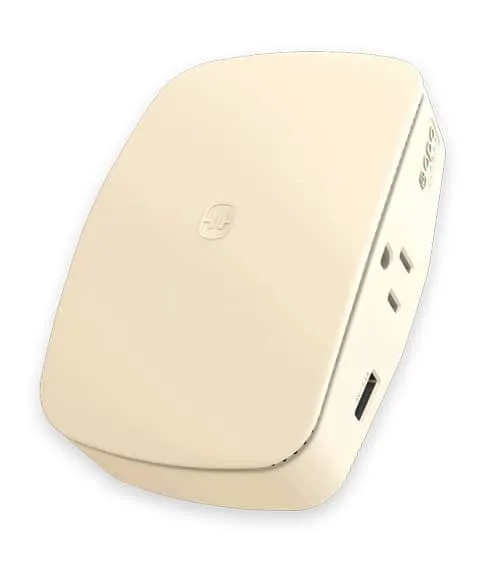Startups see growing market in the smart-home sector


As smart home technology becomes more accessible, with Amazon Alexa able to check the weather and add items to grocery lists in every home, several Front Range tech companies are looking to go more niche with their smart-home technology and are looking at energy use.
One such company is Hygge Power, a startup that’s created a plug-in device called the Opo plug that can store energy, ideal for powering…
THIS ARTICLE IS FOR SUBSCRIBERS ONLY
Continue reading for less than $3 per week!
Get a month of award-winning local business news, trends and insights
Access award-winning content today!
